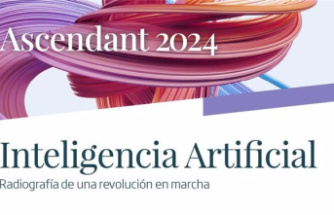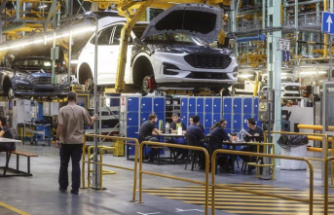MADRID, 19 Abr. (EUROPA PRESS) -
Facua-Consumers in Action has denounced up to ten car manufacturers, among which are BMW, Fiat Chrysler, Ford, Honda, Nissan, Opel, Hyundai, Toyota, Renault and PSAG Automóviles, for allegedly having agreed to inflate their prices between 2006 and 2023, as reported by the association on Wednesday.
Specifically, Facua has claimed in the lawsuits compensation for 766 members of the federation who bought new vehicles at official dealers of the brands involved.
The last of the ten lawsuits was filed last Wednesday, April 12, while the battery of legal proceedings began last October and has been carried out in the commercial courts of Barcelona, where Honda has its headquarters. and Nissan; Valladolid, where Renault is; Zaragoza, where Opel is based; and Madrid, where the other six manufacturers have their domiciles.
Those affected that Facua represents in these lawsuits bought cars of fifteen brands from the manufacturers that allegedly formed the cartel to raise prices: Alfa Romeo, BMW, Citroën, Dacia, Fiat, Ford, Honda, Hyundai, Jeep, Lexus, Nissan , Opel, Peugeot, Renault and Toyota.
For its part, in July 2015, the National Commission for Markets and Competition (CNMC) issued a resolution sanctioning numerous manufacturers for the agreements they had reached to exchange commercially "sensitive and strategic" information, which affected the distribution and marketing of all vehicles distributed in Spain.
Specifically, these agreements would imply an "anti-competitive" practice prohibited by the competition law by reducing, among other things, the uncertainty in the price determination process that would not have existed without them.
The resolution was appealed by a large part of those sanctioned, and throughout 2021 different Supreme Court rulings were handed down, which, for the most part, dismissed the appeals raised.
The resolution of the CNMC indicated that "the decrease in competition generated by such information exchanges during the periods in which they occurred have been transferred to the final consumer in the form of lower discounts, less aggressive commercial policies on the part of the brands and a less effort to distinguish themselves from other companies with higher quality services".













